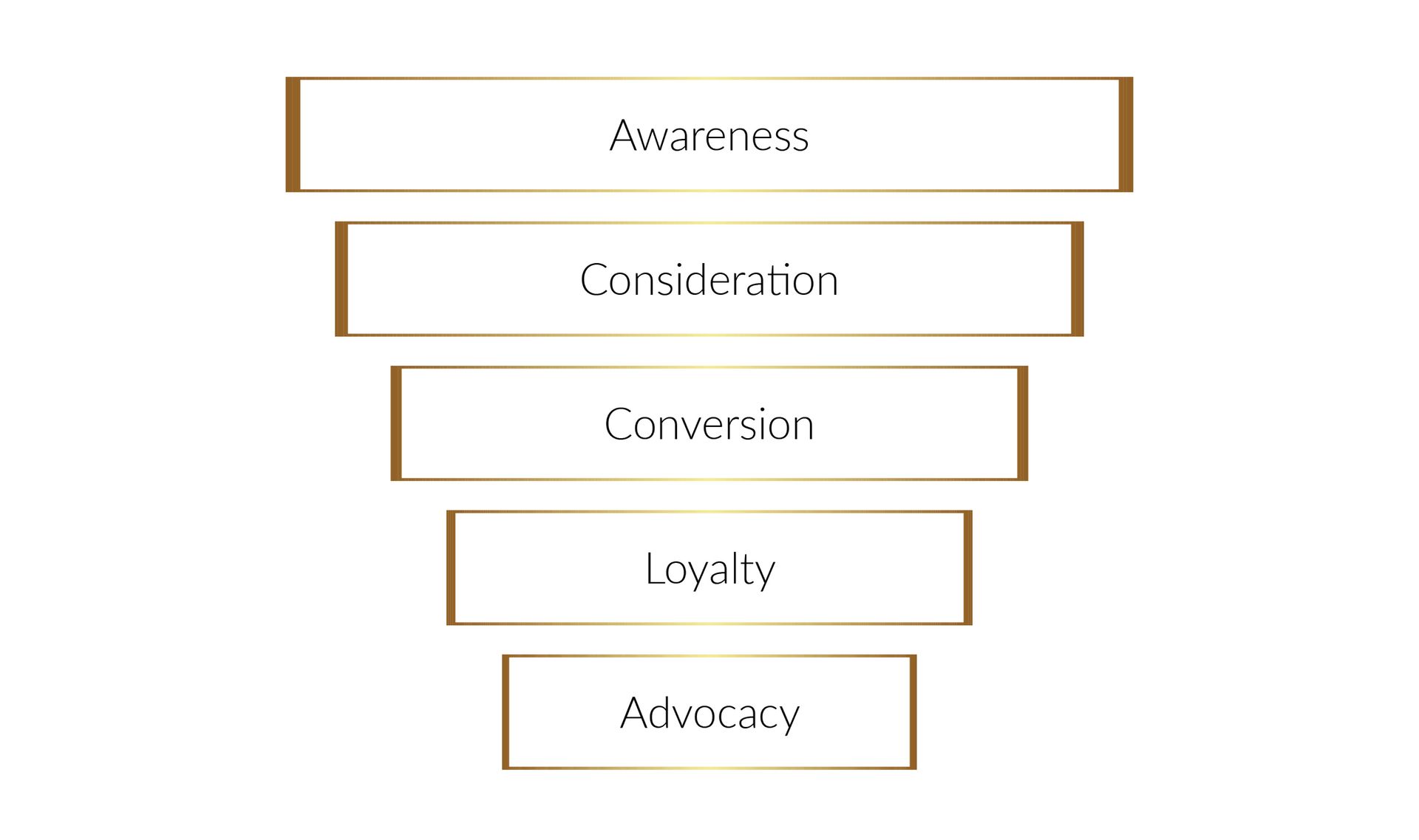Unveiling the Corporate Transparency Act (CTA): A Comprehensive Guide
Navigating the Corporate Transparency Act: A Roadmap for Compliance and Transparency in 2024

As we usher in a new era, businesses across the United States are facing a transformative regulation set to redefine transparency and accountability. The Corporate Transparency Act (CTA), effective from January 1, 2024, carries profound implications for small and large enterprises alike. In this blog post, we embark on an educational journey to unravel the key aspects of the CTA, empowering businesses to navigate this regulatory landscape seamlessly.
Understanding the Corporate Transparency Act (CTA)
Enacted in 2021, the CTA emerges as a pivotal legislation aimed at combating illicit activities associated with U.S. businesses. Targeting issues such as tax fraud, money laundering, and terrorism financing, the CTA mandates the submission of Beneficial Ownership Information (BOI) Reports by certain businesses to the U.S. Department of Treasury’s Financial Crimes Enforcement Network (FinCEN).
Who Does the CTA Impact?
The CTA has a broad reach, encompassing millions of small businesses and entities operating in the United States. Termed as "domestic reporting companies," these include corporations, LLCs, and entities formed under state or tribal laws. Foreign entities registered to conduct business in the U.S., referred to as "foreign reporting companies," are also subject to CTA requirements.
Defining Beneficial Ownership
At the heart of the CTA lies the concept of beneficial ownership. An individual qualifies as a beneficial owner if they exert substantial control over a reporting company or own/control at least 25% of its ownership interests. Additionally, the individual responsible for filing the document creating the company, termed a "company applicant," is also a key player in the BOI reporting process.
Reporting Obligations
The reporting obligations under the CTA differ based on the creation date of the reporting company:
Companies created before January 1, 2024, must provide information about the company and its beneficial owners.
Companies created on or after January 1, 2024, have additional reporting requirements, including details about company applicants.
Filing Timeline and Updates
Compliance with the CTA involves adhering to specific timelines:
Domestic reporting companies created before January 1, 2024, must file their initial BOI report by January 1, 2025.
Companies created between January 1, 2024, and January 1, 2025, have a 90-day window from the effective date of their creation.
Companies formed on or after January 1, 2025, must file within 30 days of the date they receive notice of their creation.
Regular updates are essential, with a 30-day timeframe for filing amendments in case of changes to reported information.
Ensuring Compliance: HR's Role
Human Resources (HR) departments play a crucial role in ensuring CTA compliance. From identifying individuals with substantial control to determining beneficial owners and assessing senior officers, HR professionals are integral to the accurate reporting process.
Conclusion
As the CTA unfolds, businesses are urged to embrace transparency as a cornerstone of their operations. Understanding the nuances of the Corporate Transparency Act is paramount for compliance and risk mitigation. Stay tuned for more insights into navigating the regulatory landscape and fostering a culture of transparency in your organization. The dawn of 2024 marks not just a new year but a new chapter in corporate transparency.
Corporate Transparency Act (CTA) Definitions




